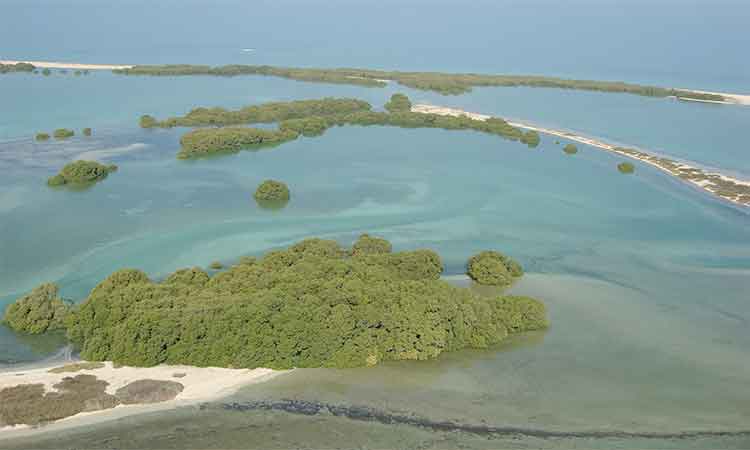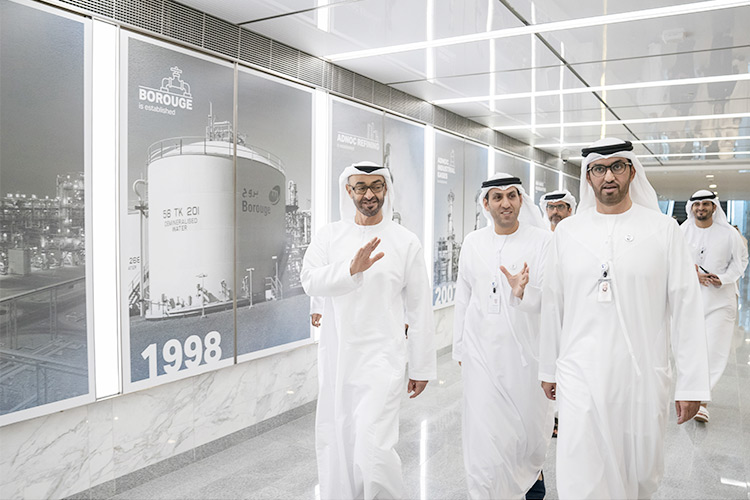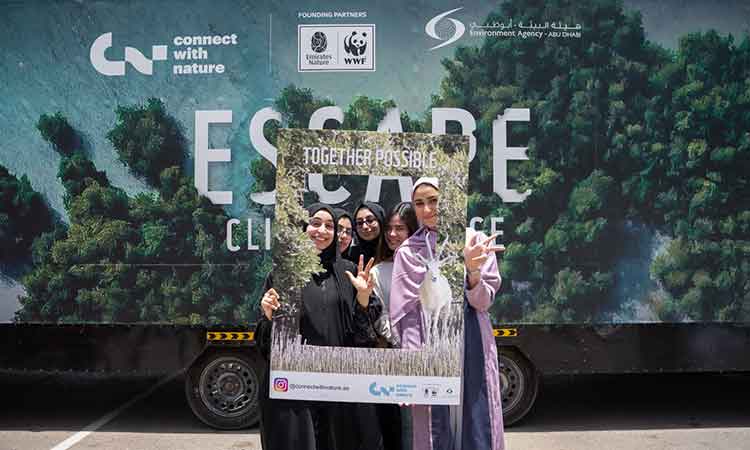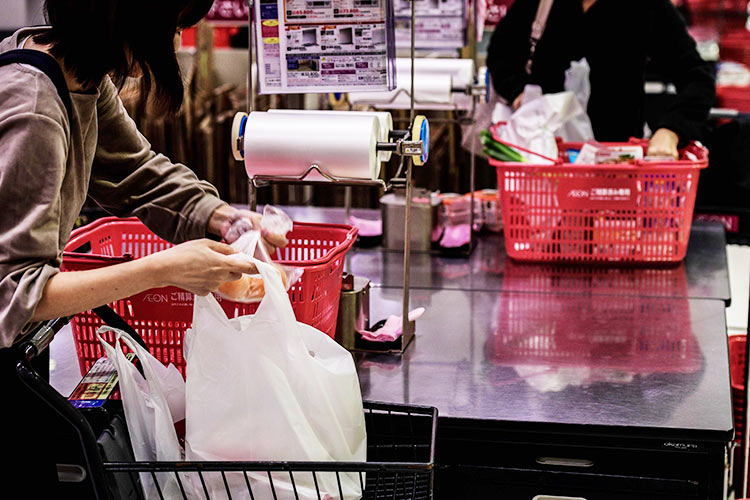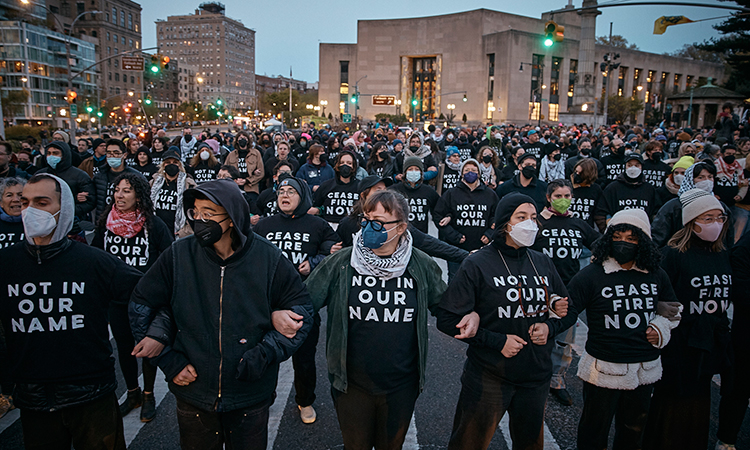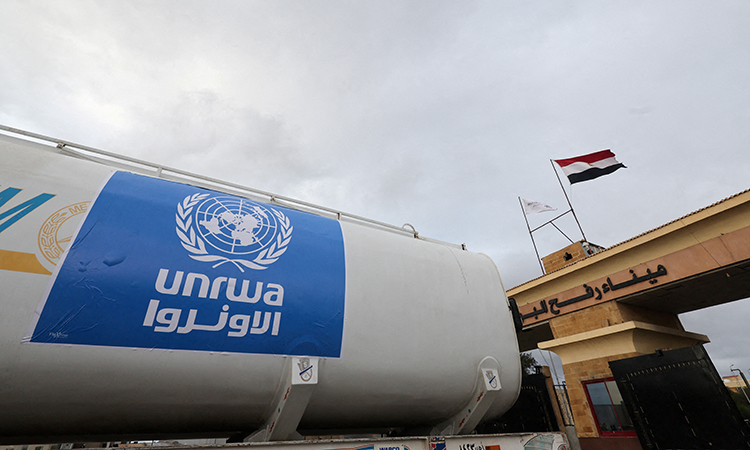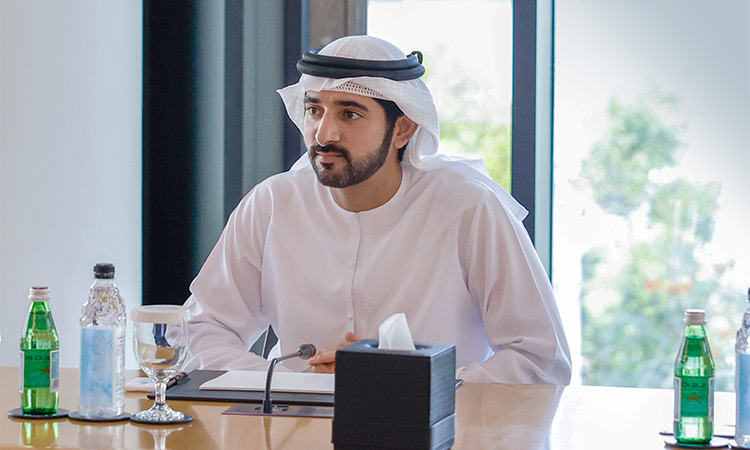Emirates Nature-WWF, partners tag 36 turtles
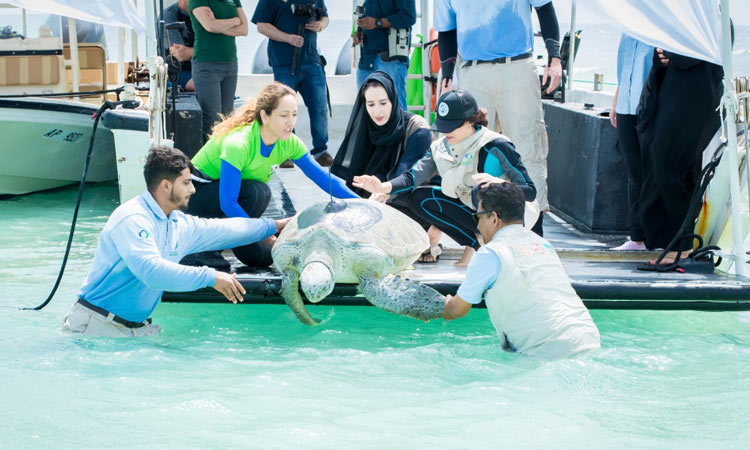
The Gulf Green Turtle Conservation Project provides insightful data on marine turtles. WAM
This was done to ensure that they belong to no single nation and that all nations have a shared responsibility to protect them and cohesively manage the seas.
Their findings, the first-of-a-kind in the Arabian Sea region, and one of only a handful of similar efforts worldwide were the result of ongoing research on the Gulf Green Turtle Conservation Project, announced to mark World Turtle Day, commemorated annually on 23rd May.
Recently, three of the turtles were tracked from their feeding grounds off Bu Tinah Island, Abu Dhabi, all the way to Oman where they mated, nested, and found their way back home to Bu Tinah Island. One of the tracked turtles left Bu Tinah Island in April 2018 and returned home on 19th December, following a perilous eight-month journey. She travelled upwards in the UAE, through Iran, then down south to the coast of Oman, where she mated and nested in the vicinity of Ras Al Hadd, a well-known green turtle-nesting site, hosting over 80 per cent of all green turtles nesting in the region. Following her voyage, she retraced the same route and returned to the shores of Bu Tinah Island within a month, where she has since remained.
Jimena Rodriguez, Manager of the Gulf Green Turtle Conservation Project at Emirates Nature-WWF, said, “By recording a complete migration loop, we were able to better understand the ecological and conservation needs of green turtles, and the importance of the UAE in being a critical feeding site.”
Emirates Nature-WWF, alongside local and international partners, is developing a robust regional baseline of the ecological and conservational needs of green turtles, thereby applying science-based solutions to safeguard their survival.
Dr Shaikha Salem Al Dhaheri, Acting Secretary-General of EAD, said, “Our past species-monitoring efforts have demonstrated that we have a large population of green turtles foraging in Abu Dhabi’s waters, but we had no record of them nesting here. Following the findings of this project, we will implement conservation initiatives, protecting the turtles’ nest and where they forage.”
Kick-started in May 2016, the Gulf Green Turtle Conservation Project continues to provide insightful data on the population, distribution, and behaviour of marine turtles and their habitat to identify migratory routes and important turtle areas for conservation.
Laila Mostafa Abdullatif, Director-General of Emirates Nature-WWF, said, “Contributing to the wider socio-economic development of the country and showcasing the human, ecological and economic benefits of conserving the marine environment, the Gulf Green Turtle project is a true testament to the vital need for partnerships, which strive to conserve the environment and encourage the community to live in harmony with nature and its many unique and diverse species.”
In another development, the Environment Agency - Abu Dhabi, EAD, in partnership with Mariam Hareb Almheiri, Minister of State for Food Security, has released the first batch of economically-important and over-exploited fish species into Abu Dhabi waters. The fish, which were produced by the Aquaculture Centre and Marine Studies on Abu Al Abyad Island, were released to boost fish stocks and enhance the country’s food security.
The release was part of EAD’s Fish Stock Enhancement Programme, which includes releasing various species such as Hamour (Epinephelus coioides), Shaari (Lethrinus nebulosus), Qabit (Rhabdosargus sarba) and others, produced at different aquaculture centres in the emirate of Abu Dhabi. The released fish were fitted with small tags carrying a phone number for reporting in case caught. This will assist researchers in assessing and monitoring the movements of the fish.
Also present on the occasion were Dr Shaikha Salem Al Dhaheri along with representatives from the Ministry of Climate Change and Environment.
Almheiri said: “The release of this first batch of fish represents a qualitative addition to our efforts in increasing the natural fish stocks and maintaining economically-important fish production, which is a key factor in the UAE’s efforts to achieve food security, where fisheries are a vital source of food in the UAE.”
She added: “We, at the Office of Food Security, aim to lead efforts to diversify the sources of fish from natural sources within the Gulf waters and protected areas by promoting research on the sustainability of the marine environment, as well as strengthening the aquaculture sector, which is one of the most vital sectors in food production. The sector can expand and bridge the gap between local production ratios and global patterns of production and consumption of 50 per cent of global demand through fish farming.”
WAM
